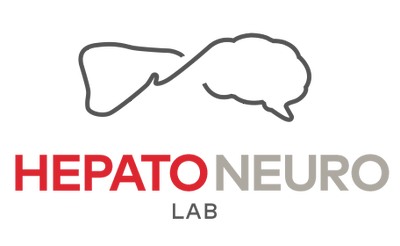Aims: Neurotoxic effects of ammonia have been shown to induce numerous metabolic alterations such as increased brain glutamine and lactate. In brain edema associated with acute liver failure, glutamine plays a controversial role and a few studies demonstrated lactate is also involved. Brain edema is also present in patients with chronic liver failure; in this situation roles of lactate and glutamine are less understood. We previously demonstrated an increase in lactate de novo synthesis in bile-duct ligated rats (BDL), a known model of chronic liver failure/minimal hepatic encephalopathy. To define the role of lactate in the pathogenesis of brain edema, the present study investigates the effects of inhibiting lactate production. Methods: BDL rats were treated with dichloroacetate (DCA, 25 mg/kg for 7 days starting at week 5 after intervention, intraperitoneally), a pyruvate dehydrogenase kinase inhibitor that leads to pyruvate dehydrogenase stimulation, therefore to a shift of pyruvate from glycolysis to oxidation and consequently to a decrease in lactate production. Brain edema (specific gravimetric technique) and glutamine (HPLC) were measured in brain tissue of BDL rats vs sham operated controls. Results: 6 weeks following BDL, rats develop brain edema and increased brain lactate compared to SHAM-operated controls. DCA treatment normalized brain lactate in BDL rats. DCA-treated BDL rats demonstrated a significant reduction of brain water content reaching values similar to those seen in SHAM-operated rats. Glutamine levels were increased in BDL vs sham operated rats and remained high in DCA-treated BDL rats (569.20±80.44 µM vs BDL: 796.60±71.50 µM, and vs SHAM: 442.80±33.79 µM). Conclusions: Inhibition of lactate production attenuated brain edema while cerebral glutamine levels remained high. Our findings suggest increased brain lactate, not glutamine, is associated with brain edema. Impaired lactate metabolism contributes to the pathogenesis of brain edema in minimal hepatic encephalopathy.

